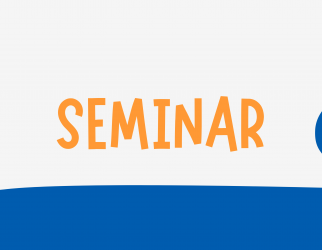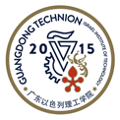
Soil Biosolarization for Sustainable Food Waste Valorization: Opportunities and Challenges
Title
Soil Biosolarization for Sustainable Food Waste Valorization: Opportunities and Challenges
Speaker
Prof. Ygal Achmon (BFE, GTIIT)
Time and Location
March 31, 2025, Monday, 16:00 (Beijing Time), 11:00 (Israel Time), E2-404 of SC
Zoom
https://technion.zoom.us/j/95008613295
Abstract
Food waste is a growing global issue, with billions of tons discarded annually, leading to significant environmental, economic, and resource burdens. One promising solution lies in its sustainable valorization through soil biosolarization (SBS)—a technique that enhances traditional solarization by incorporating organic waste to boost soil disinfestation efficacy. SBS integrates solar radiation with microbial decomposition of soil amendments, typically food or agricultural waste, under a transparent plastic tarp. This method not only improves soil temperature and suppresses a broad spectrum of soilborne pathogens, pests, and weeds but also contributes to organic waste recycling, soil health enhancement, and increased crop productivity. As chemical fumigants like methyl bromide face strict bans due to toxicity and ozone depletion, SBS emerges as an environmentally friendly and effective alternative. This seminar explores various types of food waste-based soil amendments used in SBS. Plant-based materials include fruit and vegetable residues, tea and coffee waste; animal-based sources span fish waste and eggshells. The impacts of these amendments are examined through CO₂ evolution, volatile organic compound (VOC) profiles, microbial community shifts, and plant stress response. For example, tomato pomace, combined with compost, yielded elevated volatile fatty acid (VFA) levels and enhanced pathogen suppression. Similarly, fish and eggshell waste showed promising results in altering microbial dynamics and increasing efficacy. The presentation also investigates innovative tools like carbohydrate microbeads (e.g., alginate, gellan, agar) for controlled amendment delivery and biodegradable plastic mulching to reduce long-term plastic pollution. These technologies aim to improve amendment stability, VOC release profiles, and interactions with microbial consortia. Field trials and lab simulations demonstrate SBS’s potential to suppress weeds, improve plant performance under stress, and influence soil microbiota composition. Data from metagenomic studies using next generation sequencing (NGS) reveal changes in microbial abundance and network structure, highlighting keystone species that may be critical to SBS outcomes. In summary, SBS represents a scalable and sustainable approach to managing food waste while enhancing agricultural productivity. Continued interdisciplinary research into amendment formulations, microbial ecology, and delivery systems will be vital to optimizing SBS across diverse soil and climate conditions.
Speaker
-
Prof. Ygal Achmon
Local Time
- Timezone: America/New_York
- Date: 31 Mar 2025
- Time: 4:00 am - 5:00 am


